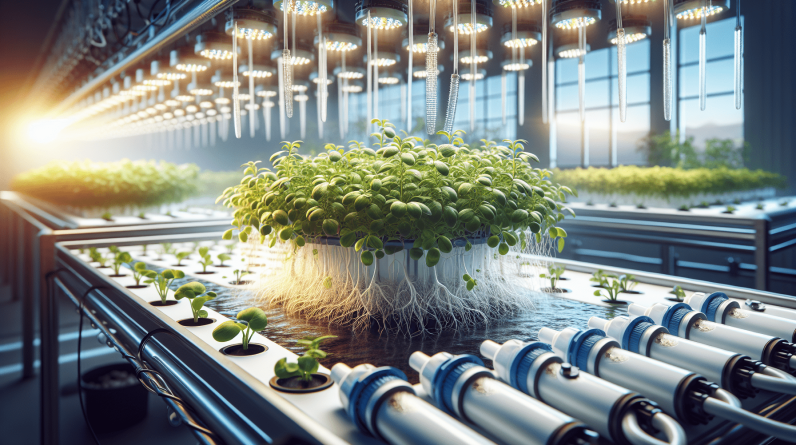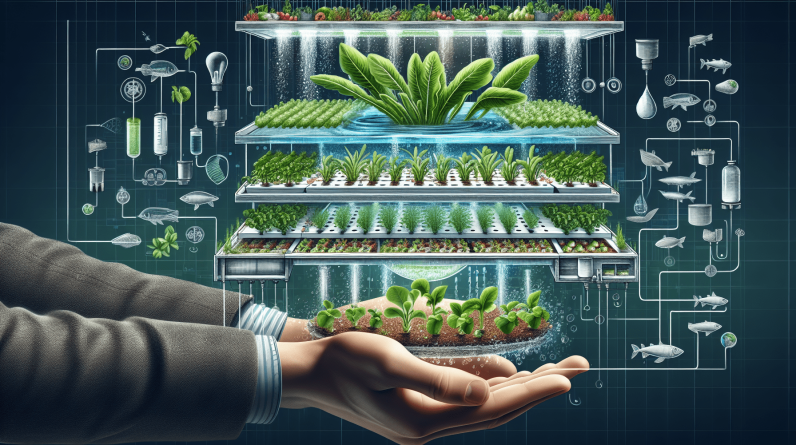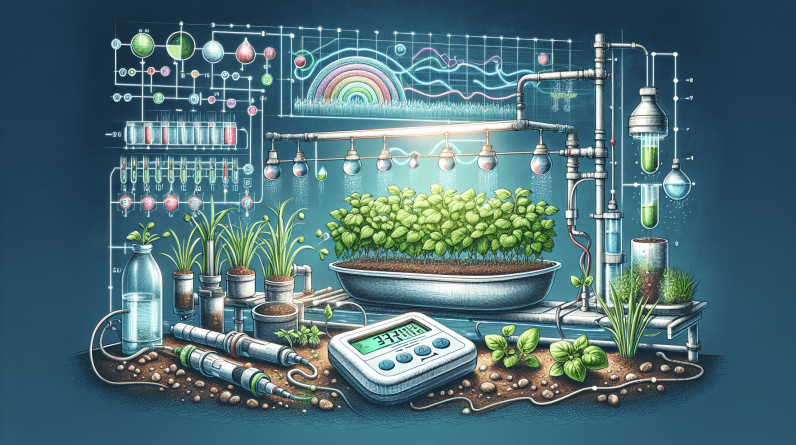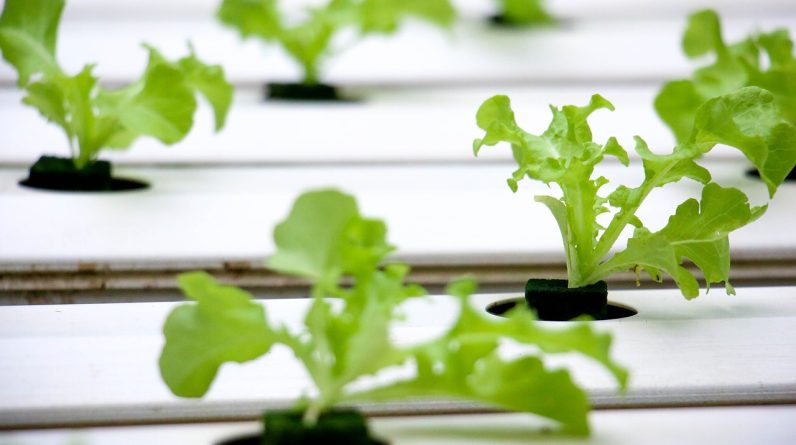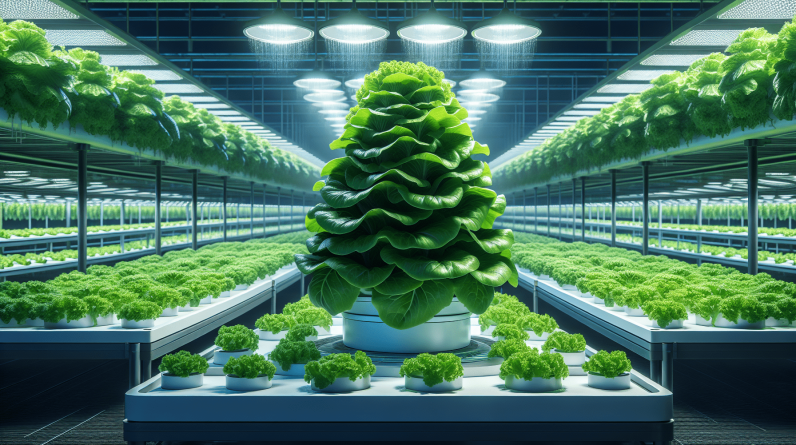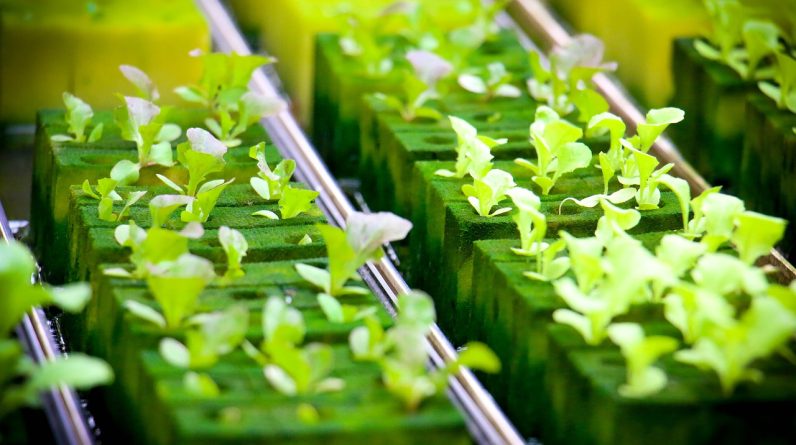
Are Hydroponic Tomatoes Tastier Than Soil-Grown Ones?
Hydroponic growing systems have gained popularity in recent years for their efficiency and sustainability. They offer a range of benefits that traditional soil gardening methods cannot match. One of the questions that often arises is whether hydroponic tomatoes are tastier than those grown in soil. Let’s dive into the details to explore this intriguing question.
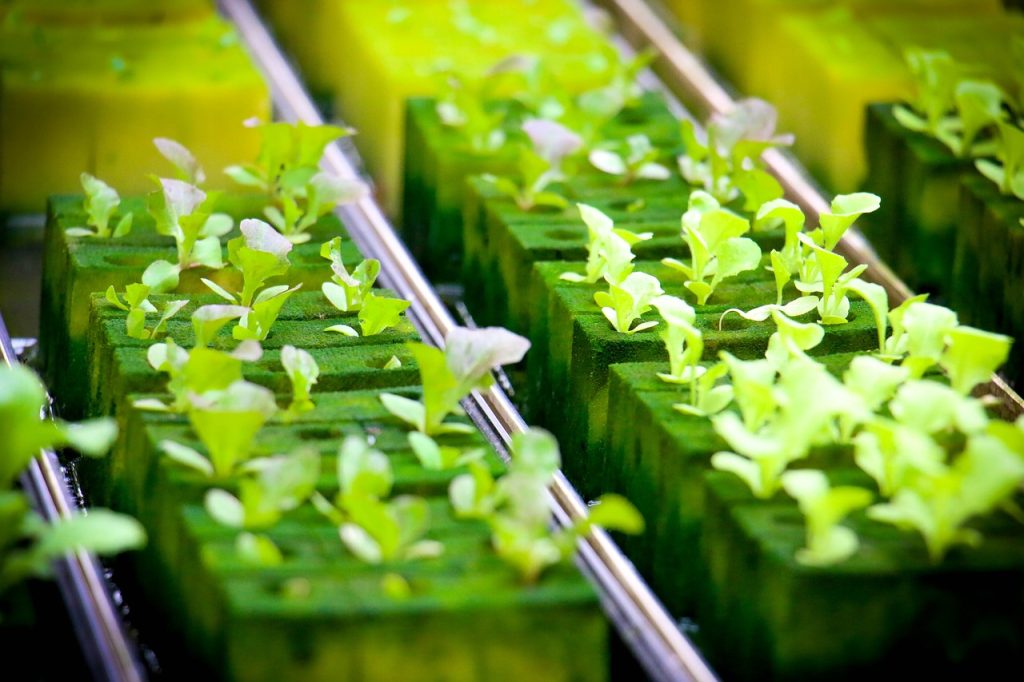
This image is property of pixabay.com.
How Hydroponic Growing Systems Work
Hydroponic systems are a method of cultivation that does not use soil. Instead, the plants receive all the necessary nutrients directly through a water-based solution that circulates around the roots. This solution is carefully balanced to provide the optimal mix of essential nutrients needed for plant growth. The plant roots are either submerged in the nutrient solution or supported using inert mediums like perlite, rockwool, or coconut coir.
When comparing hydroponic tomatoes to soil-grown ones, the absence of soil eliminates the risk of soil-borne diseases and pests that could affect the plant’s health and ultimately its flavor. By providing a controlled environment for plant growth, hydroponic systems ensure that the tomatoes receive consistent nutrients and water, leading to healthier plants and potentially more flavorful fruits.
The Impact of Nutrient Availability on Tomato Taste
Tomatoes are known for their vibrant flavors and are a favorite in many dishes. The taste of a tomato can vary depending on several factors, with nutrient content playing a crucial role. Hydroponic systems offer precise control over the nutrients that the plants receive, allowing growers to tailor the solution to optimize tomato taste.
In soil-based cultivation, the quality of the soil directly influences the nutrients available to the plants. Variations in soil composition can lead to inconsistencies in nutrient levels, affecting the taste of the tomatoes. With hydroponic systems, growers can closely monitor and adjust the nutrient solution to ensure that the plants receive a balanced mix of essential nutrients, potentially enhancing the flavor profile of hydroponic tomatoes.
Water Conservation and its Impact on Tomato Flavor
Another key advantage of hydroponic systems is their efficient water usage. Traditional soil gardening methods require significant amounts of water to maintain plant health and growth. In contrast, hydroponic systems use water sparingly by recirculating the nutrient solution, minimizing waste. This water conservation not only benefits the environment but can also influence the flavor of hydroponic tomatoes.
Water stress can impact the taste of tomatoes, leading to bland or less flavorful fruits. By providing a consistent water supply through the nutrient solution, hydroponic systems help prevent water-related stress in plants. This consistent hydration can contribute to better-tasting tomatoes with robust flavors, as the plants are not subjected to fluctuations in water availability.
The Role of Environmental Control in Tomato Flavor
Hydroponic systems offer growers the ability to control various environmental factors, such as temperature, humidity, and light levels. These controlled conditions create an optimal growing environment for tomatoes, ensuring that the plants receive the necessary inputs for healthy growth. The stability of these conditions can have a direct impact on the flavor of the tomatoes produced.
In traditional soil-based gardening, external factors like weather conditions can influence plant growth and fruit development. Fluctuations in temperature or humidity can stress the plants, affecting the taste of the tomatoes. With hydroponic systems, growers can create a stable and optimal environment for the plants, potentially leading to more flavorful and consistent tomatoes throughout the growing season.
Comparing Pest and Disease Management in Hydroponic and Soil-Grown Tomatoes
Pests and diseases pose significant challenges to plant health and can impact the flavor and quality of the fruits. In traditional soil gardening, soil-borne pathogens and pests can infect the plants, leading to reduced yields and compromised taste. Hydroponic systems offer a more controlled and sterile environment that minimizes the risk of pest and disease infestations.
By eliminating the soil medium, hydroponic systems reduce the likelihood of soil-borne diseases affecting the plants. Additionally, the nutrient solution used in hydroponic systems is free from pathogens, further lowering the risk of disease transmission. This cleaner growing environment can result in healthier plants with fewer pesticide applications, enhancing the natural flavor of hydroponic tomatoes.
The Influence of Chemical Inputs on Tomato Flavor
Chemical inputs, such as fertilizers and pesticides, are commonly used in traditional soil gardening to manage pests and provide essential nutrients to the plants. While these inputs are necessary for plant health, they can also impact the taste and quality of the tomatoes produced. In hydroponic systems, the controlled environment reduces the need for chemical inputs, potentially resulting in purer flavors.
The absence of soil-borne pests in hydroponic systems decreases the reliance on chemical pesticides for pest control. Similarly, the balanced nutrient solution provided to the plants can reduce the need for synthetic fertilizers, leading to cleaner and more natural-tasting tomatoes. By minimizing chemical inputs, hydroponic systems offer the potential for tastier and more flavorful tomatoes that are free from residual chemical residues.
Factors Influencing Tomato Flavor Beyond Growing Methods
While the growing method undoubtedly plays a significant role in the flavor of tomatoes, it is essential to consider other factors that can influence taste. Tomato variety, ripeness at harvest, post-harvest handling, storage conditions, and cooking methods all contribute to the final flavor profile of the fruits. Even within hydroponic systems, these factors can impact the taste of the tomatoes produced.
The specific variety of tomato chosen for cultivation can have a profound effect on its flavor, with some varieties prized for their sweetness or acidity. Harvesting tomatoes at the peak of ripeness ensures optimal flavor development, as the fruits reach their full potential on the vine. Proper post-harvest handling and storage maintain the freshness and taste of the tomatoes until they reach the consumer.
Enhancing Tomatoes Flavor through Culinary Techniques
The flavor of tomatoes can be further enhanced through various culinary techniques, such as roasting, grilling, or slow-cooking. These methods can intensify the natural sweetness and umami flavors of the tomatoes, creating rich and savory dishes. Whether grown hydroponically or in soil, tomatoes can be transformed into diverse and delicious meals that highlight their unique taste profiles.
Experimenting with different cooking methods and flavor pairings can uncover the full potential of tomatoes in culinary applications. From fresh salads to hearty stews, tomatoes add depth and complexity to a wide range of dishes. By exploring different ways to prepare and enjoy tomatoes, you can fully appreciate their flavor and versatility in the kitchen.
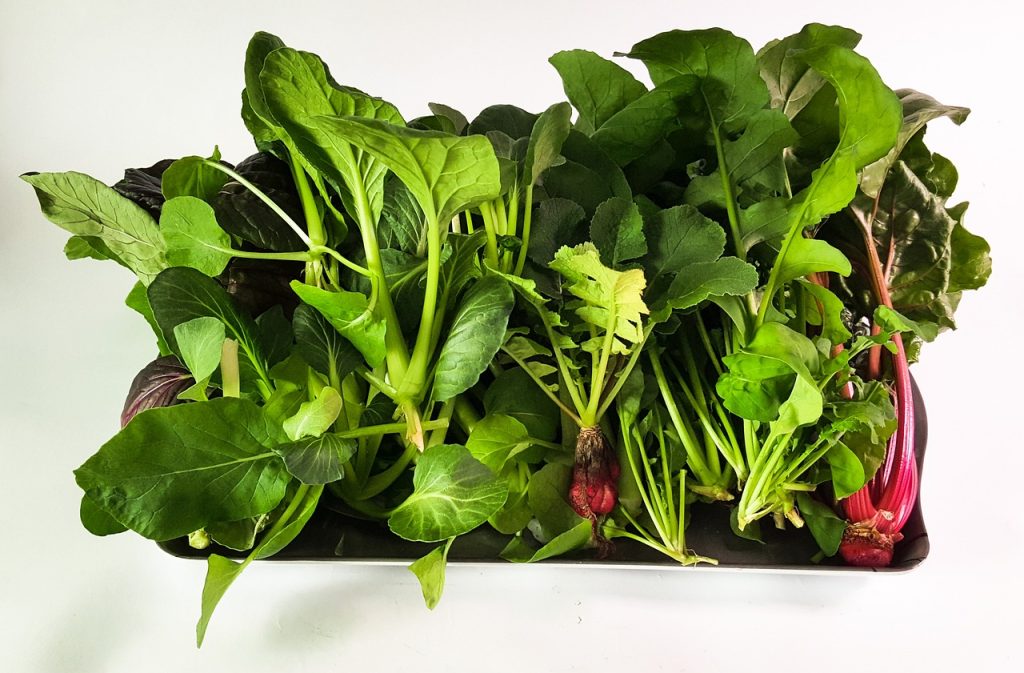
This image is property of pixabay.com.
Conclusion
In conclusion, the question of whether hydroponic tomatoes are tastier than soil-grown ones is multifaceted and influenced by various factors. Hydroponic systems offer advantages in nutrient control, water conservation, pest management, and environmental conditions, which can contribute to the overall flavor profile of tomatoes. By eliminating soil-borne diseases and reducing the need for chemical inputs, hydroponic systems provide a cleaner and more sustainable approach to tomato cultivation.
While hydroponic tomatoes may offer certain advantages in flavor consistency and purity, the taste of the tomatoes is also influenced by factors beyond the growing method. Tomato variety, ripeness at harvest, post-harvest handling, and culinary techniques all play a role in shaping the final taste of the fruits. By exploring the nuances of tomato cultivation and preparation, you can discover the full spectrum of flavors that these versatile fruits have to offer. Whether you choose hydroponic or soil-grown tomatoes, the key to enjoying their taste is in understanding the complexities of tomato production and culinary creativity.





